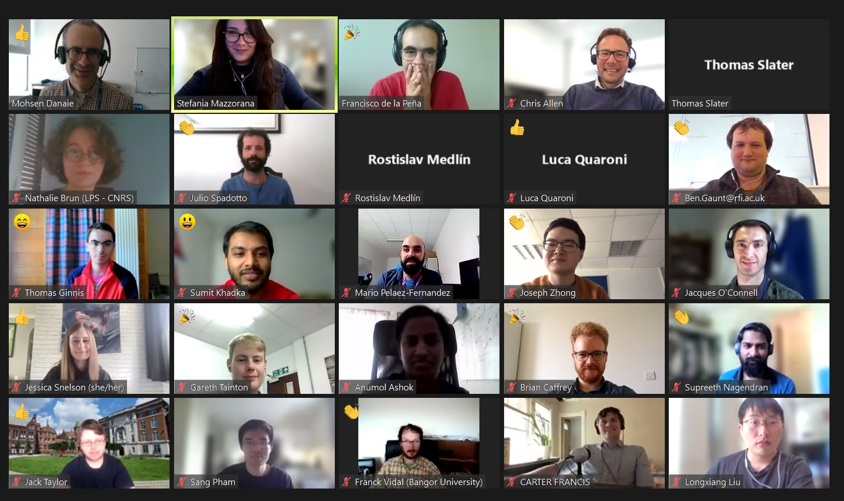This workshop took place Monday to Friday (May 9th to 13th) 2022 on Zoom.
Speakers:
Phillip Crout (University of Cambridge)
Carter Francis (University of Wisconsin-Madison)
Jacob Madsen (University of Vienna)
Kate MacArthur (Oxford Instruments)
Magnus Nord (NTNU, Norway)
Francisco de la Peña (University of Lille)
Thomas Slater (Cardiff University)

Agenda

Workshop Software Platform
We will be running the workshop on Google Cloud Platform. Please visit the following link:
https://groups.google.com/g/epsic-hyperspy-workshop-2022/
and request to join this Google Group (you will need a Google account to join). This would then give you access to the cluster on GCP. Once you start the server, you will have to clone a github repository that contains all the notebooks for the workshop. The data required for the workshop should appear on your /home directory from the start.
For Q&A both before and during the workshop we will be running a Slack channel.
Link to join the GCP (only works if you are in the Group above):
https://7d8090e9f0d3f351-dot-europe-west6.notebooks.googleusercontent.com/
When first running the link:
After initialising the server (Select the only option for the workshop and press Start):
To clone the Github repo for the workshop, open the setup.ipynb notebook and run the cell by selecting it and then pressing Shift + Enter:
Now you should have the cloned folder with all the notebooks / data needed (Note that you may need to do this more than once as notebooks get updated gradually during next week):
To download a folder, e.g. when you have added comments / new code, etc, now you have a Download Directory option present at the top:
With the folder Workshop folder selected this starts a download of a compressed version of the entire folder including sub-directories.
Installation guide- Using Miniforge / Mamba
These instructions are provided to enable you to have your personalised hyperspy (and other packages covered in this workshop) installed on you local machine. Having the installation done through this route allows you to have these packages updated independent of each other, in case there is a new release in future.
Please follow the steps below for the installation:
Install Python from Miniforge
Open a terminal and change directories to C:\Users\USER_ID\AppData\Local\miniforge3\Scripts and run
activate. This should change the prompt to (base)Install Mamba by running
conda install mamba -n base -c conda-forgeCreate a new environment by running:
conda create --name hyperspy_env python=3.7
Activate the above environment by:
WINDOWS: activate hyperspy_env LINUX, macOS: source activate hyperspy_env
Install the packages by running the following commands:
mamba install hyperspy mamba install abtem mamba install pyxem mamba install atomap mamba install particlespy mamba install jupyterlab mamba install notebook mamba install ipympl
Please note that given the number of participants in this year’s workshop we may not be able to provide technical support for local installations. |
To test your installation, from the same prompt, run:
jupyter notebook |
This would open a Jupyter notebook launcher in your web browser. Under Notebook select Python 3 (ipykernel) button to open a new notebook. Copy this code to the first cell and run (press shift + enter). If the installation is correct you should not get any error messages (Note that you may get a Warning about pyOpenCl that can be ignored.).
%matplotlib qt5 import hyperspy.api as hs import pyxem as pxm import atomap.api as am import particlespy.api as ps |
Workshop Notebooks and Presentations
We will gradually make the Jupyter notebooks, example datasets and presentations available here to download. In the meantime, we will be updating this github repository:
Notebooks and Presentations
Kate’s Introduction to EDX slides:

